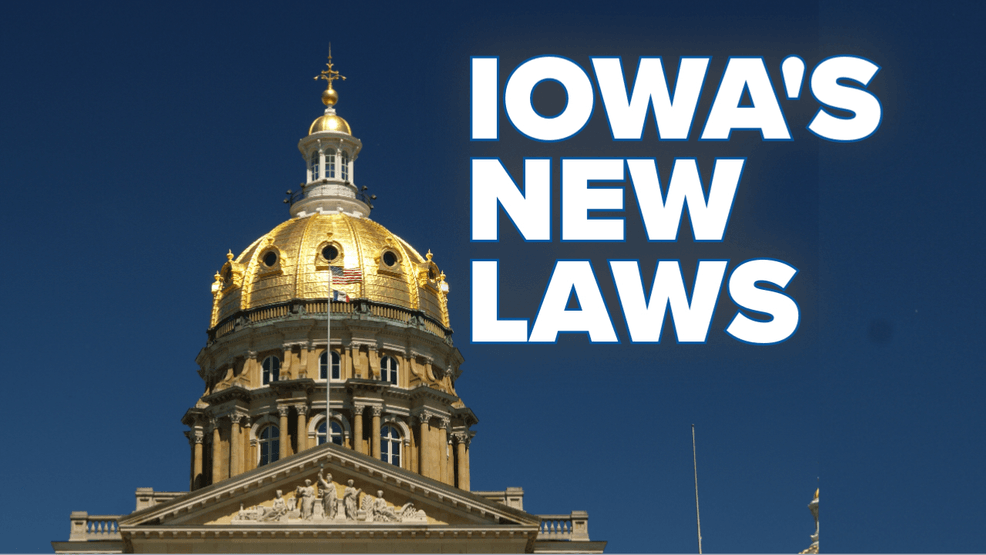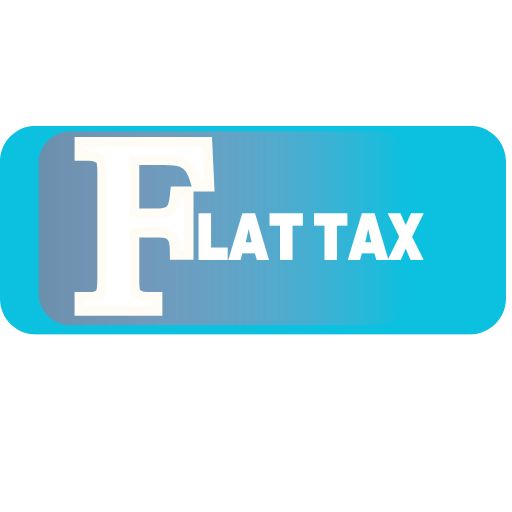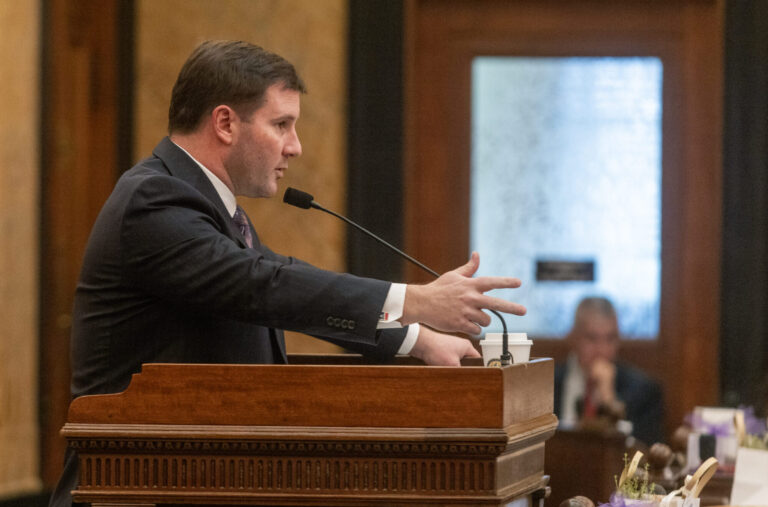
New Year brings new Iowa laws targeting income tax cuts, guns, data and more
DES MOINES, Iowa — As the calendar flips to 2025, Iowa is ushering in a slate of new laws. With more than 180 laws passing last legislative session, several notable measures took effect on Jan. 1, reflecting the priorities of Iowa’s Republican-controlled legislature.
Flat tax deduction
Among the most significant changes, is the reduction of the state’s individual income tax to a flat rate of 3.8%, down from 5.7%. The move aligns with Republican efforts nationwide to implement flat tax systems. It’s also part of an effort to give money back to Iowans amidst a state revenue surplus, although budget projections for 2026 are showing a shortfall under those cuts.
“The flat tax is something that Republicans, not just in Iowa, but pretty much nationwide have been pushing for,” said Tim Hagle, a political science professor at the University of Iowa. “They see it as a fair kind of tax. Whereas, of course, Democrats will often prefer some kind of ‘progressive tax,’ which means the more money you make, the bigger percentage of taxes you pay.”
Hagle says supporters of the change contend that lower taxes keep businesses and residents in Iowa, while offering economic relief during a period of high inflation. “As far as state taxes are concerned, you don’t want to add too much more,” Hagle explained. “Provided that voters are happy, the government services are being funded appropriately, then there’s no reason to keep the taxes higher.”
Critics, including Democrats, however, highlight the potential for reduced state revenue. The Nonpartisan Legislative Services Agency estimates the measure will lower revenue by $1.3 billion over six years. Concerns center on whether essential programs like public education and food assistance could face cuts.
“There’s always a concern that if government is taking in less revenue, they won’t have the money to spend,” Hagle said. “If it turns out that money is needed for existing or expanded programs, then the legislature might have to vote again to raise that tax.”
Strengthening state control over gun laws
House File 2556, another measure now in effect, bolsters state-level protections on gun rights. The law allows citizens to sue cities that enact firearm regulations conflicting with state laws, with damages ranging from $100 to $2,500 per day depending on intent.
“What that reminds me of, is a concern that the state legislature has for some of the cities that are more liberal-leaning,” said Hagle. “For example, a city like Iowa City, which is very liberal, may be inclined to pass restrictive regulations or laws regarding gun rights.”
Hagle added, “Now, this law is putting some teeth into it, saying, ‘Well, look, if the city goes ahead and does something like this, you’re going to be able to sue them, and it’s going to cost the city some money.’”
Expanding consumer data protections
In a digital era where privacy concerns are rising, Iowa’s new data protection law gives consumers greater control over their personal information. Residents can now confirm if their data is being collected, request copies, delete their data, and opt out of the sale of their data.
While it may be seen as a step forward for consumer rights, Hagle said the law may pose challenges for companies operating across multiple states.
“Companies, especially big ones that operate in multi-states, don’t like dealing with a variety of laws,” Hagle explained. “They would like to have laws consistent nationwide, but our federal system allows states to do things on their own.”
Changes to Medicaid Postpartum Coverage
Iowa has also extended postpartum Medicaid coverage from 60 days to 12 months while lowering the income eligibility threshold from 375% to 215% of the federal poverty line. The change narrows the pool of beneficiaries while providing longer-term support to those most in need.
“It’s a trade-off,” said Hagle. “Maybe this group of people that has a little more income doesn’t need it as much as these other folks at a lower income level who need it for a longer period.”
Critics argue the lower threshold excludes families on the cusp of eligibility, potentially leaving gaps in coverage. “Where are you going to set that upper limit?” Hagle said. “You can argue about why all folks in this group shouldn’t qualify, but hopefully the legislature has looked at data and determined these other folks maybe don’t need it as much.”
Crackdown on pipes and bongs
Another law enacts a 40% excise tax on glass and metal pipes and bongs, along with a $1,500 annual permit fee for sellers. It raises the minimum age to purchase such items to 21, tightening restrictions on businesses in this sector and adding new rules to track customers’ names and ages.
Hagle described the law as a way for the legislature to “bring in more income through sales tax and license taxes,” while also addressing health and regulatory concerns. “With all of this, it’s a way for the government to bring in more income, especially if their flat tax is going to be lower than what it was. So you make up that difference to a certain extent.”
He noted that some businesses may decide the costs outweigh the benefits. “Some stores will probably say, ‘No, we’re just done with it and we aren’t going to deal with this.’”
A mixed year ahead
Looking toward 2025, Hagle highlighted the broader implications of these laws and the challenges ahead for Iowa. “This is always the case that we’ll see how this works out,” he said. “Sometimes a new law takes place, and it seemed like maybe a good idea at the time, but if all of a sudden it’s just not working out for one reason or another, the legislature can always come back and change it or repeal the law.”
He said the coming months will reveal whether these measures deliver on their promises or require adjustments.
“Voters have that opportunity to let their legislators know whether they like it or not,” he said.
Iowa lawmakers return to Des Moines for the new legislative session on Monday, Jan. 13.




